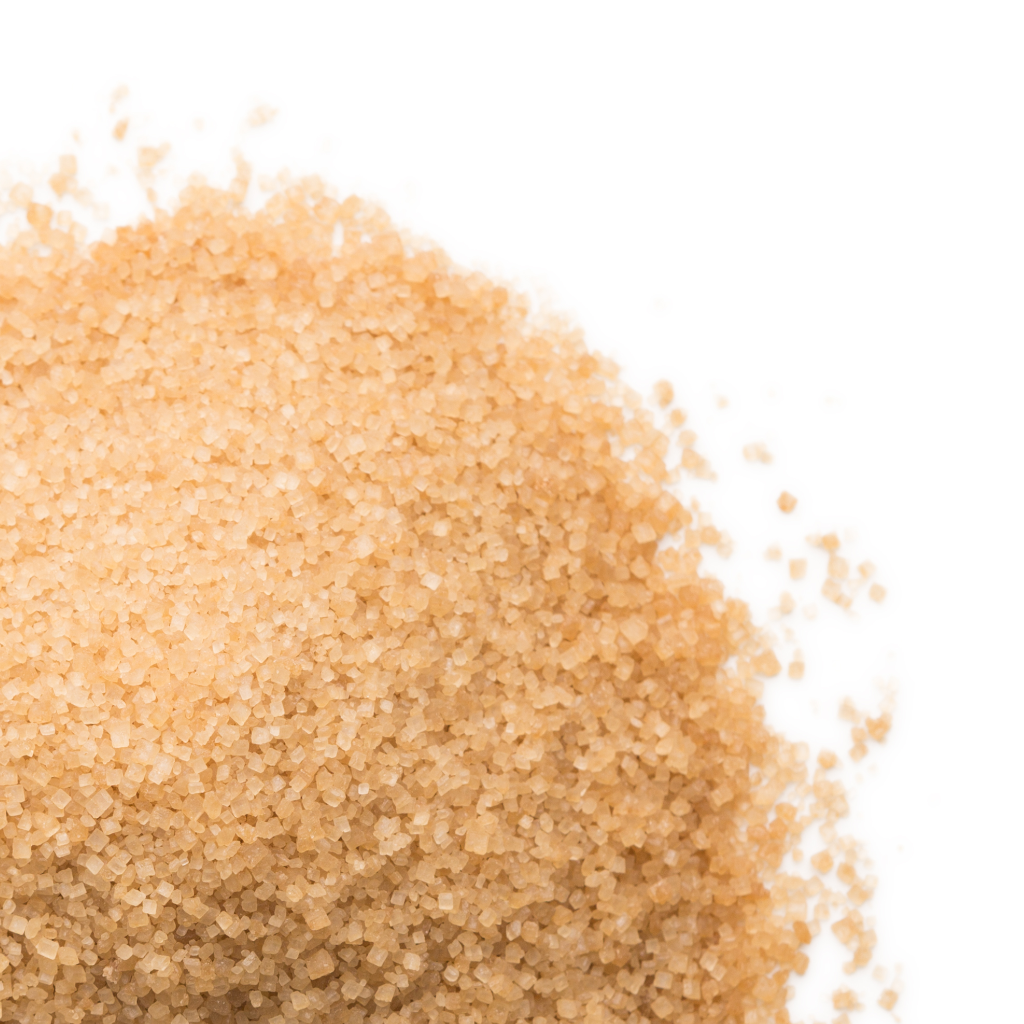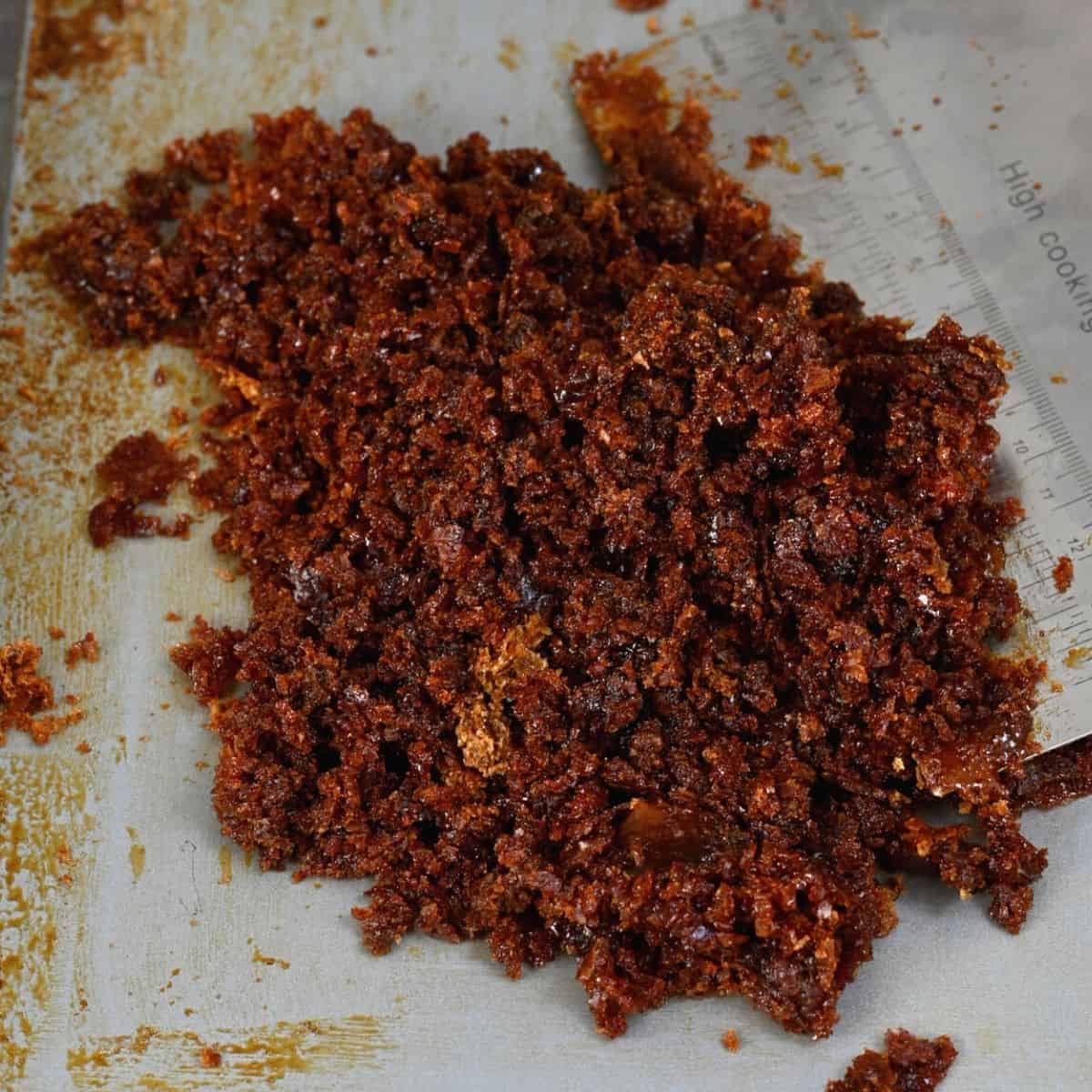Advanced Cane Sugar Processing: Enhancing Performance and Sustainability
Advanced Cane Sugar Processing: Enhancing Performance and Sustainability
Blog Article
A Thorough Introduction of the Health And Wellness and Economic Implications of Walking Stick Sugar Handling on Regional Communities
Cane sugar processing plays a critical function in shaping the financial landscape of neighborhood areas, offering employment chances and promoting supplementary sectors. Nonetheless, the health and wellness ramifications linked with high sugar intake can not be neglected, as they add to increasing prices of obesity and diabetes mellitus. This nuanced vibrant invites a vital examination of how communities can optimize financial gains while addressing journalism health and wellness difficulties they deal with. The exploration of lasting practices and academic efforts might just hold the key to integrating these clashing rate of interests. What approaches might communities implement to attain this equilibrium?
Financial Advantages of Walking Cane Sugar Processing
Walking stick sugar processing offers considerable economic advantages that expand beyond the instant farming sector. The cultivation and processing of sugarcane produce countless job possibilities, from farming to production and circulation. This work generation not only supports neighborhood economic climates but also promotes neighborhood advancement by providing stable revenue sources for households.
Additionally, the sugar market stimulates supplementary companies, including transport, equipment supply, and packaging solutions (Cane Sugar Processing). As these industries expand, they add to a much more robust financial structure, boosting general neighborhood resilience. The export capacity of processed cane sugar better magnifies financial benefits, positioning regions as affordable gamers in global markets
Investment in modern-day processing facilities can bring about enhanced productivity and effectiveness, thus minimizing waste and maximizing resource usage. This change not just profits the neighborhood economic climate however likewise supports sustainability initiatives by decreasing ecological influences.
Additionally, the revenue generated from walking stick sugar handling can be reinvested in neighborhood infrastructure, education, and health care, promoting all natural neighborhood development. Generally, the financial benefits of cane sugar processing are multifaceted, offering a foundation for withstanding prosperity in agricultural regions.
Wellness Threats Connected With Sugar Usage
Extreme sugar usage poses significant wellness threats that call for significant focus. High intake of added sugars, particularly from processed foods and drinks, has been linked to various health difficulties.
Moreover, high sugar intake is related to cardio condition. Raised blood glucose degrees can result in insulin resistance, a precursor to various heart-related concerns. In addition, sugar can have harmful effects on oral health and wellness, leading to cavities and gum illness, as bacteria in the mouth thrive on sugar, producing acids that deteriorate tooth enamel.
Additionally, emerging study suggests a potential link in between high sugar consumption and psychological wellness conditions, such as anxiety and anxiety. As areas come to grips with these wellness risks, it ends up being vital to promote recognition and urge much healthier dietary choices. Dealing with sugar consumption is important not just for individual health and wellness however additionally for the overall health of neighborhood communities, highlighting the requirement for detailed public health strategies.
Ecological Impacts of Sugar Production
Often neglected in conversations concerning sugar's effects is the considerable ecological impact of sugar manufacturing. The cultivation of sugarcane frequently necessitates considerable land use, bring about logging, loss of biodiversity, and interruption of neighborhood ecological communities. The conversion of woodlands and marshes right into sugar vineyards can cause habitat devastation, harmful numerous types and altering environmental equilibrium.
Additionally, sugar production is resource-intensive, consuming considerable quantities of water for watering. This can result in depletion of local water resources, adversely influencing both agricultural techniques and neighborhood accessibility to clean water. In addition, making use of chemical plant foods and chemicals in sugarcane farming can add to dirt deterioration and water pollution, as drainage from these chemicals goes into nearby rivers and lakes, affecting marine life and human health and wellness.
The environmental impact encompasses the handling stage, where power consumption and waste generation more worsen eco-friendly problems. Air pollution from melting sugarcane areas, along with greenhouse gas emissions, add to climate change. Because of this, the environmental effects of sugar production warrant severe consideration, prompting stakeholders to embrace more sustainable methods to mitigate these adverse results on regional environments and neighborhoods.
Work Production and Community Growth
The environmental challenges presented by sugar manufacturing are typically counteracted by its possibility for financial advantages, particularly in task production and community growth. The cane sugar sector acts as a considerable resource of work in several backwoods, providing jobs across various skill degrees, from agricultural labor to processing and circulation functions. This work not just sustains individual family members but additionally adds to the total economic vitality of neighborhood areas.
Moreover, the establishment of sugar processing centers promotes supplementary businesses, such as transportation solutions, tools supply, and upkeep companies. As these businesses thrive, they develop extra tasks and bolster neighborhood economies. The revenue created from the sugar industry also brings about raised tax obligation earnings, which can be reinvested right into social work such as healthcare, education and learning, and visit the website framework advancement.
In addition, the sugar market usually takes part in area development campaigns, such as sustaining neighborhood institutions and health programs, consequently enhancing the top quality of life for citizens. By promoting solid area connections and advertising financial growth, the cane sugar processing market plays a vital function in uplifting regional populations, making it a vital part of lasting growth methods in sugar-producing areas.
Harmonizing Health And Wellness and Economic Growth
In navigating the complexities of walking stick sugar handling, a vital obstacle lies in balancing health factors to consider with financial development. The sugar market dramatically adds to regional economies by generating jobs, promoting relevant industries, and enhancing tax earnings. Nonetheless, the health and wellness effects linked with extreme sugar consumption can bring about chronic illness such as obesity, diabetes, and cardiovascular problems, which can problem public wellness systems and diminish workforce efficiency.

Moreover, regulative frameworks can play a crucial role in leading industry techniques towards more health-conscious and sustainable strategies. By promoting cooperation in between government bodies, health and wellness organizations, and the sugar market, neighborhoods can navigate the duality of health and economic growth, making sure that the benefits of walking cane sugar handling are equitably shared while focusing on public health and wellness.
Conclusion
Finally, the processing of walking stick sugar offers both significant financial benefits and significant Website health dangers for local areas. While see it cultivates task creation and boosts local growth, the associated health and wellness issues, specifically concerning obesity and diabetes mellitus, demand a cautious balancing act. By promoting responsible usage and investing in neighborhood education and learning and lasting methods, it is feasible to take full advantage of economic benefits while minimizing unfavorable health effects, thus making certain a healthier future for local populaces.
Furthermore, sugar can have destructive impacts on oral health, resulting in tooth cavities and periodontal condition, as microorganisms in the mouth flourish on sugar, creating acids that wear down tooth enamel.
Addressing sugar usage is essential not only for individual health yet likewise for the general wellness of regional neighborhoods, stressing the requirement for comprehensive public health and wellness approaches.
Frequently ignored in conversations regarding sugar's ramifications is the substantial environmental influence of sugar manufacturing. The health effects linked with excessive sugar usage can lead to persistent diseases such as excessive weight, diabetes, and cardio issues, which can concern public health and wellness systems and diminish labor force efficiency.

Report this page